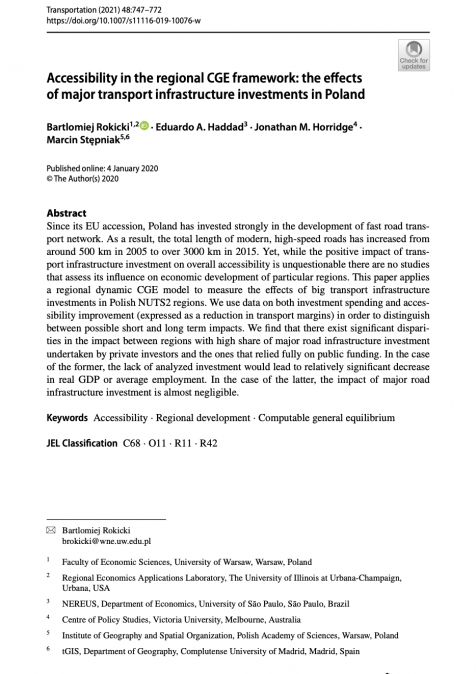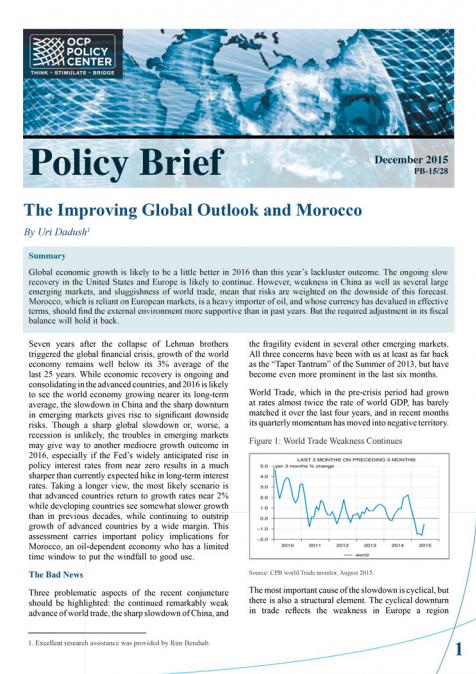Publications /
Policy Paper
Thanks to the positive momentum in transatlantic relations brought about by the arrival of the Biden administration, significant progress is expected on a range of key digital issues. New rules are emerging that are designed to level the playing field for economic actors and ensure the respect of civil liberties, while significant new investments in technological innovation are taking place amid considerable industrial reorganizations. This paper proposes to shed light on seven particularly central and topical challenges for our societies in the digital age. First, the European Union (EU), the Biden administration and the international community at large are converging in an attempt to regulate the tax optimization practices and monopolistic positions of Big Tech companies such as Google, Amazon, Facebook, Apple and Microsoft (the GAFAM). However, while there is clear movement in this direction, the US government does not wish to undermine the strength of American tech giants. A second trend is shaped by the US-China tech rivalry. The Biden team is following the Trump administration’s lead in trying to thwart Chinese efforts in terms of 5G technology and semiconductor development. US sanctions against China may have indirect benefits for European actors in these sectors, and the EU has not said its last word as an industrial power. Finally, these new technologies pose many ethical challenges that undermine the democratic values on which Western societies are based. As a result of the regulations the EU has already put in place or is currently developing, Europeans are in a good position to set global standards for the protection of private data, the development of an ethical form of artificial intelligence (AI) and the regulation of online content








